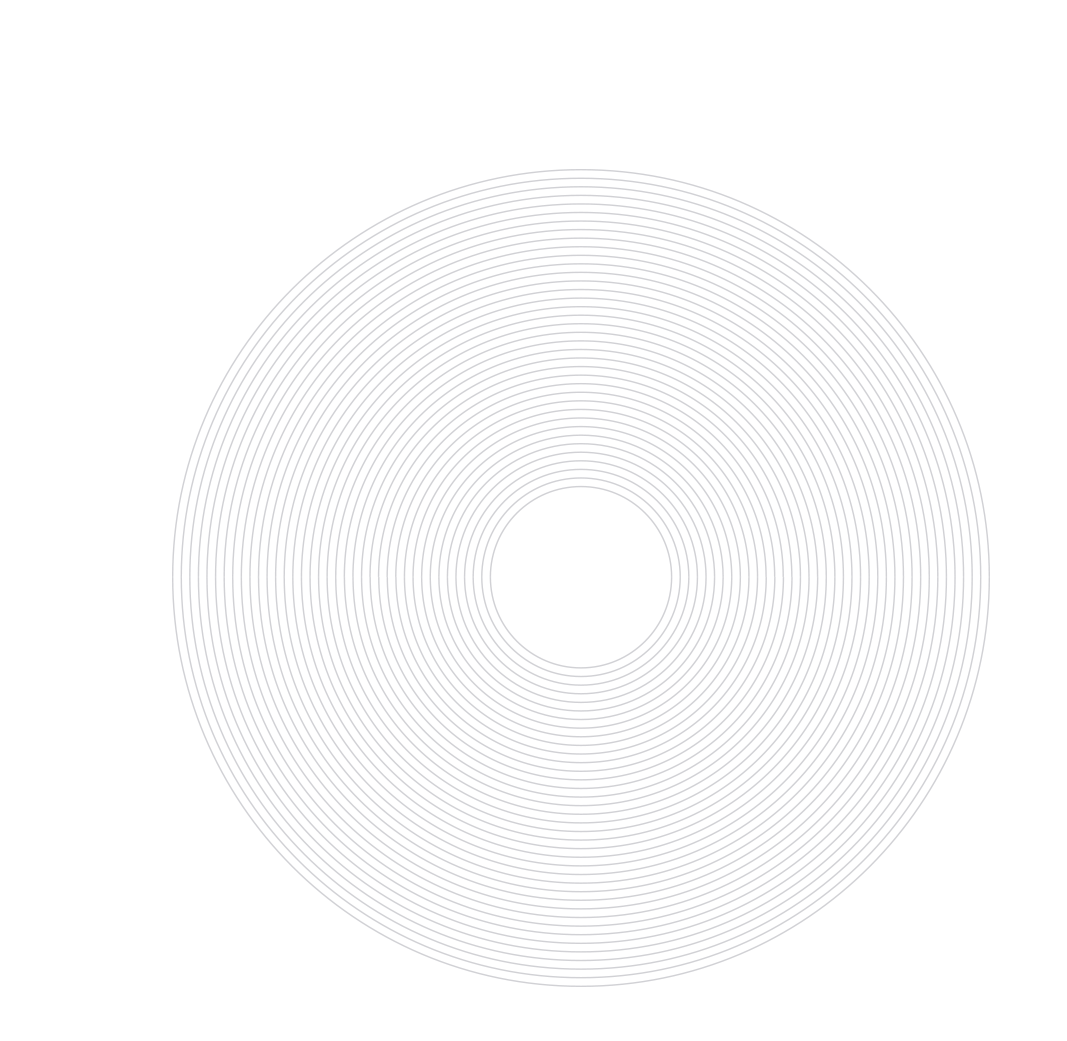




 The hustling-bustling main avenue of Camp 12, what is now popularly known as Bazar Road, houses one of CARE’s four health centers.Each center is equipped with one medical officer and twoparamedics; all female, that can cater to over 100 patients a day. Health services from SAFPAC,and GSK funded health centers began in the camps in late October.
The hustling-bustling main avenue of Camp 12, what is now popularly known as Bazar Road, houses one of CARE’s four health centers.Each center is equipped with one medical officer and twoparamedics; all female, that can cater to over 100 patients a day. Health services from SAFPAC,and GSK funded health centers began in the camps in late October.
Initially, many refugees were unaware of free health services, especially women, as they were mostly confined to their homes in the camps. As a result, the turnover in the health centers was rather less in the first few weeks. However, the scenario soon changed when CARE Bangladesh intensified outreach activity throughvolunteers who went door-to-door to inform people about the centers.They also offered basic health messages about personal hygiene, maternal care and Sexual & Reproductive Health (SRH) in general.
 While most men seek treatment for fever, body ache, gastric pain, women come for a varied range of services. Some of the health centerstaff informed that there is a major shift of behavioramong the women. “Expectant mothers now visit the health centers voluntarilyfor antenatal checkup and collect folic acid tablets to addressweaknessduring pregnancy. In other cases, acceptance of birth control methods, especially through injection, is also becoming quite popular among the women.Most of these women had no prior knowledge and exposure as to family planning methods.” stated Dr. Lamia Sarwar, doctor-in-charge at Balikhali health post.
While most men seek treatment for fever, body ache, gastric pain, women come for a varied range of services. Some of the health centerstaff informed that there is a major shift of behavioramong the women. “Expectant mothers now visit the health centers voluntarilyfor antenatal checkup and collect folic acid tablets to addressweaknessduring pregnancy. In other cases, acceptance of birth control methods, especially through injection, is also becoming quite popular among the women.Most of these women had no prior knowledge and exposure as to family planning methods.” stated Dr. Lamia Sarwar, doctor-in-charge at Balikhali health post.
Such is the case of twenty-year-old mother Rasheda, mother of two, who came to get her 3rd dose of injectable birth control. She also brought along two of her children, Mobasherra, three and half years old and Md. Jarej, just 14 months old. Both are suffering from light cold from the changing weather.
 In the refugee camps, average family size is 5+, which means each family would have a minimum of four children, and it can go as high as 19.A recent study published by UNICEF reported that more than 60 refugee babies are born every day[1] . Given this, Rasheda is rather a unique case who, given their present living conditions, do not want any more children. “Life is difficult in the camps. It is also difficult to raise children here. I have two children and I want to take care of them properly”, she said “I prefer to take dipo (injectable birth-control), because I forget to take the medicine on time”, she added.
In the refugee camps, average family size is 5+, which means each family would have a minimum of four children, and it can go as high as 19.A recent study published by UNICEF reported that more than 60 refugee babies are born every day[1] . Given this, Rasheda is rather a unique case who, given their present living conditions, do not want any more children. “Life is difficult in the camps. It is also difficult to raise children here. I have two children and I want to take care of them properly”, she said “I prefer to take dipo (injectable birth-control), because I forget to take the medicine on time”, she added.
Without knowing, Rasheda has become a change agent, whose actions will have a ripple effect amidst her community.The refugee women are still deprived of many rights. Back in Myanmar, they had limited access to the outside world, maternal health services and a say in family matters. Through the health centers established within the camps, CARE is not just providing health services to the community, it is also contributing to social and behavior changeamong the refugees, where women are learning to address their own needs, seek support and decide for their well-being and their children.
[1]More than 60 Rohingya babies born in Bangladesh refugee camps every day– UNICEF, May 17, 2018.
© Copyright 2026 CARE Bangladesh. Powered By Bangladesh Online